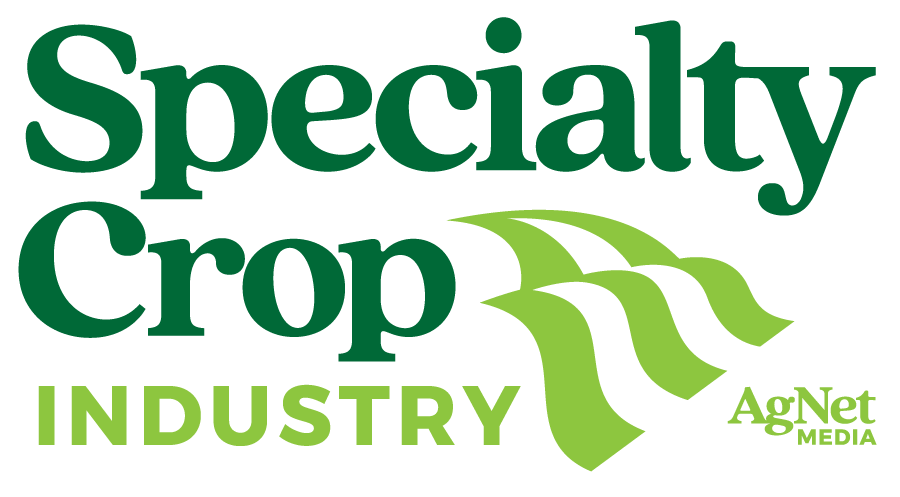By Clint Thompson Rains from storms and other tropical events help replenish the soil moisture. However, they also provide food safety concerns for fresh produce growers. Camila Rodrigues, assistant professor and Alabama Extension specialist in Horticulture at Auburn University, says the biggest concern is with runoff. “What is around the field that could be carried around by runoff and also …
Capitalize on Conservation Funding and Enhance Produce Safety
By Kristin Woods Conservation funding from the U.S. Department of Agriculture’s Natural Resources Conservation Service (USDA NRCS) can help growers implement good land stewardship practices in an economically sustainable way. While these practices may affect pathogen movement in the farm environment, they are not meant to reduce produce safety risk. Additional consideration must be given around how implementing specific practices …
Know What Sanitizers to Use and How to Apply Them
In the age of COVID-19, sanitizer applications are essential for producers to keep their workforce healthy. Laurel Dunn, Assistant Professor in the Department of Food Science and Technology at the University of Georgia, offers several guidelines for using sanitizers and other cleaning products in facilities where vegetable and specialty crops are cleaned and packaged. Not All Sanitizers are Appropriate The …
Safety Training Program Protects Ag Workers During the Pandemic
By Kimberly L. Morgan Throughout the food supply chain, producers, processors, distributors, wholesalers and retailers seek economies of scale and scope to improve profit margins, while delivering safe, consistent, reliable and relatively low-cost foods to consumers. At the farm level, owners make decisions to minimize production and harvesting costs, relying on human resources and scientific advances to address the dynamic …
Safe Food Production Training to be Available to Florida’s Small and Beginning Farmers
November 19, 2020 By: Ruth Borger, 517-803-7631, rborger@ufl.edu LAKE ALFRED, Fla. — A new opportunity for Florida’s small and medium-sized produce farmers will become a reality with the support of a U.S. Department of Agriculture Food Safety Outreach Program (FSOP) grant designed to produce and provide easy-to-access training in safe food production methods to underserved farmers. Faculty from the University …
UF/IFAS Extension To Assist in FDACS Project Connecting Food-Insecure Families With Florida-Grown Produce
By: Kirsten Romaguera, 352-294-3313, kromaguera@ufl.edu GAINESVILLE, Fla. — The UF/IFAS Extension Family Nutrition Program (FNP) is among the organizations partnering on a Florida Department of Agriculture and Consumer Services (FDACS)-led grant project to fight food insecurity in several rural Florida communities. In a virtual press conference last Thursday, Agriculture Commissioner Nikki Fried announced the project, funded by a $100,000 Walmart …
Food Safety in Light of COVID-19
With millions of American workers staying home to aid public health efforts to stop the spread of coronavirus (COVID-19), the security of America’s food supply is more important than ever before. It’s crucial that growers are taking the appropriate measures to ensure food safety during the COVID-19 pandemic. The Centers for Disease Control and Prevention (CDC), the U.S. Department of …
COVID-19 Guidelines for Agricultural Operations
By Laurel L Dunn for UGA CAES Newswire Farmers and food processors take routine steps to reduce the likelihood of foodborne pathogens, like Salmonella and E. coli, contacting our food and causing illness. The procedures that our food industry takes on a daily basis are also effective in reducing the chances that the coronavirus responsible for COVID-19 will come in …

















